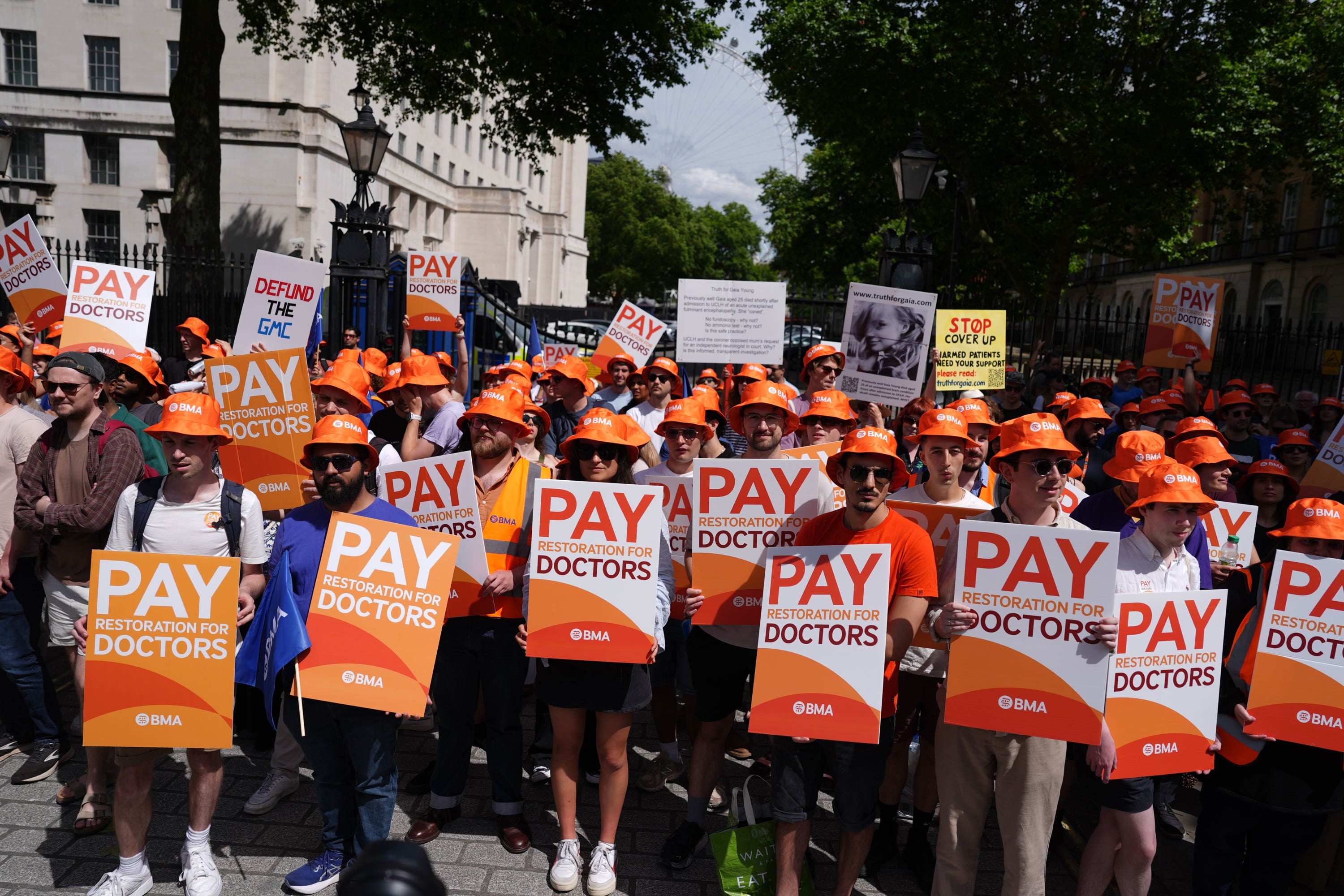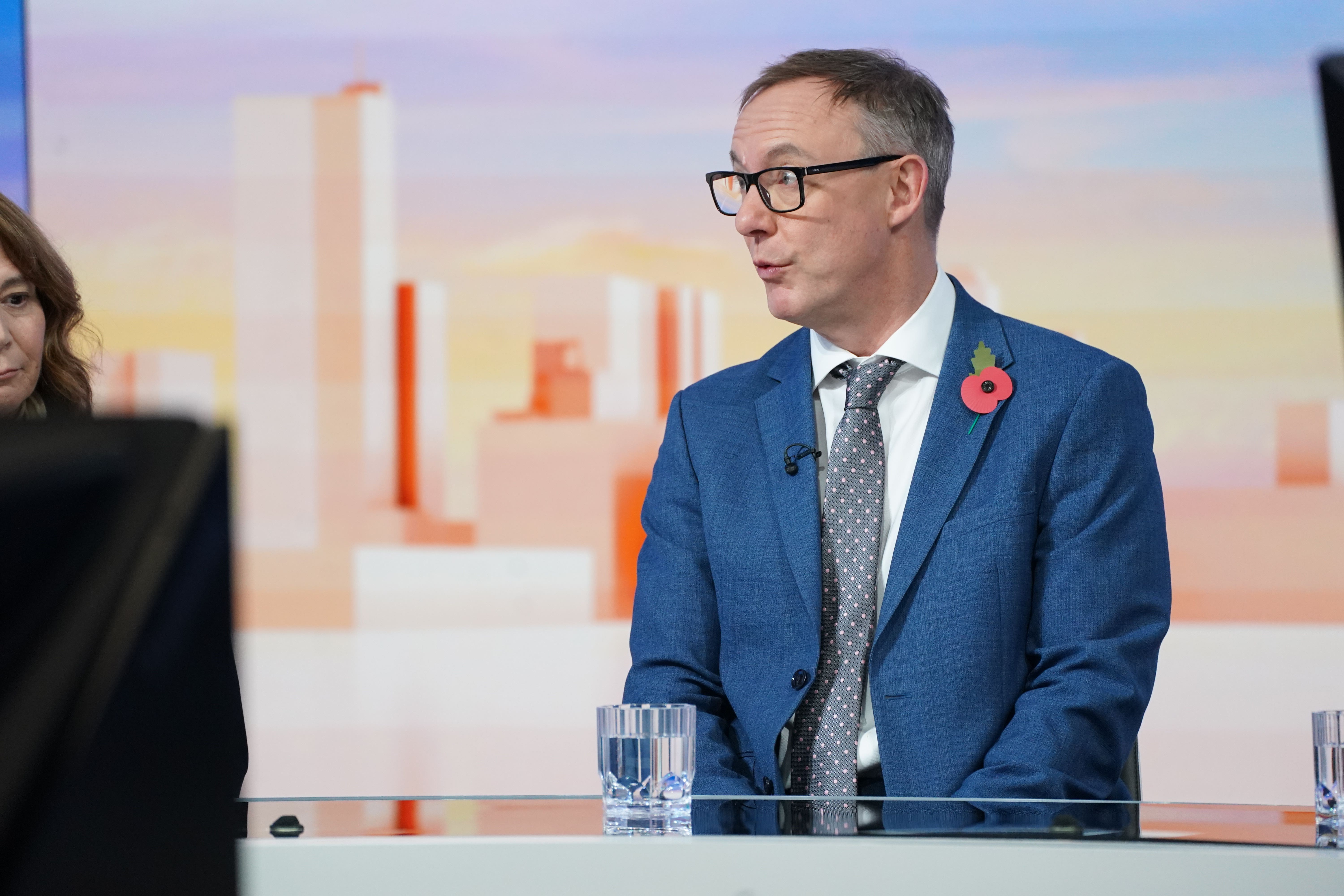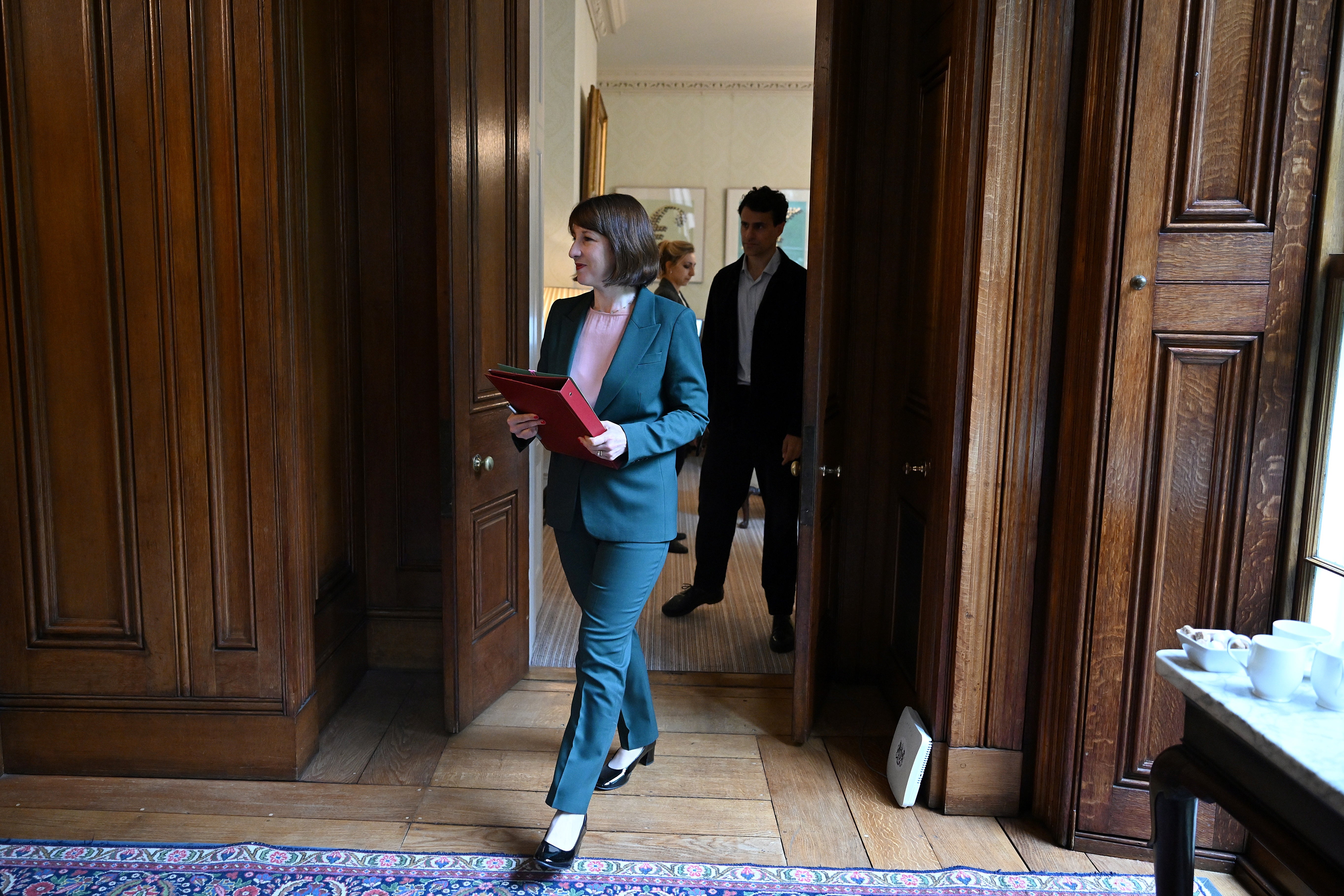Public sector pay rises could cost up to £10bn, economist warns
Extra money can only come from higher borrowing, higher taxes or cuts in spending, says expert

Your support helps us to tell the story
From reproductive rights to climate change to Big Tech, The Independent is on the ground when the story is developing. Whether it's investigating the financials of Elon Musk's pro-Trump PAC or producing our latest documentary, 'The A Word', which shines a light on the American women fighting for reproductive rights, we know how important it is to parse out the facts from the messaging.
At such a critical moment in US history, we need reporters on the ground. Your donation allows us to keep sending journalists to speak to both sides of the story.
The Independent is trusted by Americans across the entire political spectrum. And unlike many other quality news outlets, we choose not to lock Americans out of our reporting and analysis with paywalls. We believe quality journalism should be available to everyone, paid for by those who can afford it.
Your support makes all the difference.The government could need up to £10bn extra to cover public sector pay increases if reports of a 5.5 per cent rise prove true, a leading economist has warned.
Independent pay review bodies are reported to be preparing to recommend such an increase for teachers and around 1.3 million NHS staff, according to The Times, well above the figure the government is thought to have been preparing for.
Paul Johnson, director of the influential Institute for Fiscal Studies, said he was “not terribly surprised” by the figure, which would be in line with pay rises across the economy, and would cost an extra £3bn for schools and the NHS alone.
He told the BBC’s Today programme: “In terms of the cost, there isn’t a specific number that is budgeted for schools, it’s probably 1 or 2 per cent, it’s certainly nothing like 5.5 per cent, so we’d certainly be looking at at least an additional £1bn on schools’ costs relative to what they’re currently expecting.
“And at least double that across the NHS if the proposals for the NHS are similar, which it appears that they might be.”
Mr Johnson added that if the 5.5 per cent figure was replicated across the public sector, it could mean the government needs to find an extra £10bn.

A higher-than-expected pay rise could pose a significant challenge for chancellor Rachel Reeves’s first budget, likely to come in the autumn, after promising to control borrowing and ruling out a string of tax rises during the election campaign.
Schools and hospitals are unlikely to be able to meet a 5.5 per cent pay rise from their existing budgets without making cuts elsewhere.
Both NHS England and the Department for Health and Social Care have previously suggested to independent pay review bodies that increases don’t exceed 2.2 per cent, which would be covered under the current 2024-25 healthcare budget.
In evidence to the NHS’s independent pay review body for 2024-25, NHS England said, “Pay awards higher than the levels included within the funding settlement and which are not supported by additional government funding, will put further pressure on the NHS budget.”
It added this could have a knock-on impact on NHS staffing numbers.
In the 2022 autumn Budget, the sector was awarded an additional £3.3bn to address higher than planned pay and non-pay inflation. However, NHS England said: “Inflation has still been higher than the assumed level, and NHS real-terms funding growth into 2024-25 remains low by historical standards.”

Last week the government announced it had agreed to enter into negotiations with the British Medical Association after more than a year of strikes over pay.
Asked where the additional money for public sector pay rises could come from, Mr Johnson said: “It can only come from higher borrowing than they’re planning, higher taxes than they’re planning or cuts in spending elsewhere. There is no fourth option here.”
But failing to meet the recommendations of the pay review bodies, expected to be published this month, would set up a clash with trade unions representing the 6 million public sector workers.
Daniel Kebede, general secretary of the National Education Union, warned that ignoring the recommendations of pay-review bodies could result in strike action.
Noting that the new education secretary, Bridget Phillipson, had “worked really hard” to improve relations with the teaching profession, he said: “It would be highly problematic for the Treasury to then intervene and then not implement a 5.5 per cent pay award.
“We absolutely would want to avoid strike action, but that would almost seem inevitable if the Treasury were to make such an intervention.”
A government spokesperson told The Times: “We value the vital contribution the almost 6 million public sector workers make to our country.
“The pay review process is ongoing, and no final decisions have been made. We will update in due course; however, we are under no illusions about the scale of the fiscal inheritance we face.”
Join our commenting forum
Join thought-provoking conversations, follow other Independent readers and see their replies
Comments